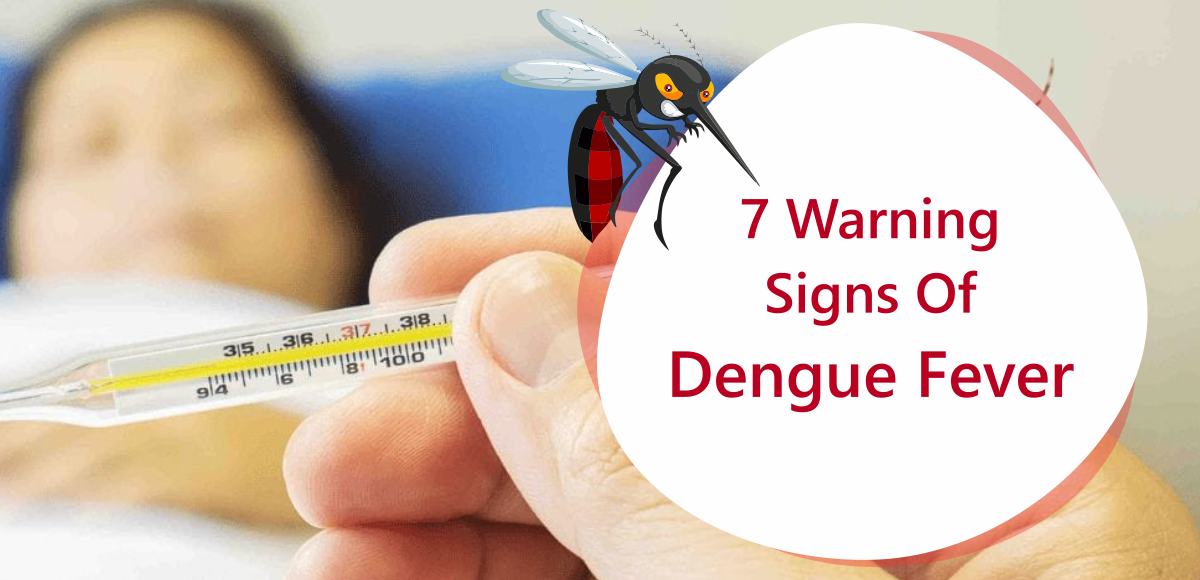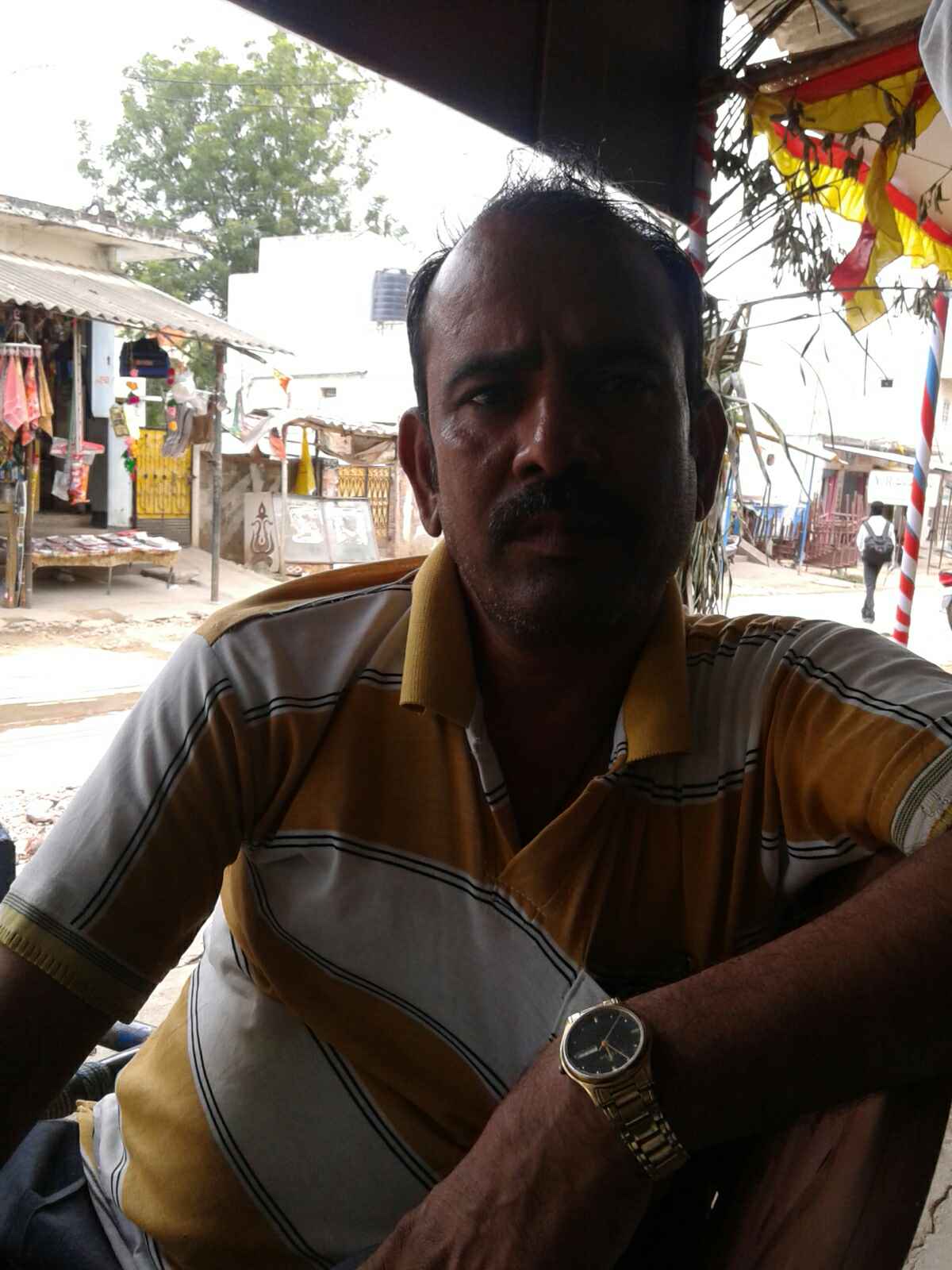

Dengue Fever:
Dengue fever is a disease spread by mosquitoes. It has been determined that it is caused by one of four strongly linked dengue viruses. These viruses also cause other types of illness, including West Nile infection and Yellow fever. This aspect of fever is spread through the bite of a dengue-infected Aedes mosquito. To effectively treat dengue fever, it is necessary to identify symptoms and start the treatment. Opt for consult a doctor through Assurance and consider the Dengue Disease Management Program as it gives you the comfort of virtual consultation and also gets diagnostic tests arranged at the earliest. The fever is confirmed by a blood test so hurry up before the platelets are compromised.
Dengue fever disease condition:
Dengue Symptoms typically manifest themselves four to six days after infection. Additionally, it can last up to ten days.
Often, these symptoms are mild. Additionally, it can be confused with symptoms of the flu or maybe another viral infection. Individuals who haven't had the infection tend to have relatively mild cases; however, serious complications can occur. Several of these complications include dengue hemorrhagic fever, a rare complication characterised by high fever and losing blood from the nose and gums, liver enlargement, and circulatory system failure, among others.
Dengue symptoms can progress to severe bleeding and death. This is frequently referred to as Dengue Shock Syndrome (DSS). Individuals with weaker immune systems and those who have previously contracted dengue are believed to be at a higher risk of developing dengue.
Dengue Fever Symptoms
As explained above, Dengue fever is contracted through a mosquito bite. The virus is transmitted to the mosquito when it bites an infected person and transmits it to a healthy individual. This type of fever is not contagious. The Dengue virus transmits from an infected person to a healthy person is the biggest reason for dengue. When an infected person bites a mosquito, the virus invades the mosquito's bloodstream. Following that, it is injected into the host because of the same stings of another individual.
Although certain Dengue vaccines are available, a person infected with dengue develops immunity to that strain's serotype. However, if a person contracts dengue for the second time, they are generally more susceptible to contracting DSS or DHF.
Dengue fever is known to spread rapidly in human-populated areas. Additionally, these disease-carrying vectors breed rapidly in stagnant waters. Open drains, water-filled disposed tyres, open tanks, as well as other stagnant water sources are just a few examples.
What Are the Dengue Symptoms?
Dengue symptoms can range from mild to severe. The following are mild dengue symptoms:
- Nausea
- Vomiting
- Chest and throat rash
- Any out of ordinary warning signs
- Pains: You may suffer discomfort in your eye sockets (behind them), in your joints, in your bones, or your muscles. There may also be headaches.
Mild symptoms typically last between two and seven days. You should be fully recovered within a week. However, symptoms can deteriorate rapidly in a matter of a few hours, so you must be vigilant for warning signs.
Severe disease symptoms include the following:
- Discomfort or lower abdominal pain
- Bloody stool or vomiting with traces of blood
- Nasal bleeding or gum bleeding
- Vomiting more frequently than three times per day
- Feeling irritable, restless, or drowsy (tiredness)
Dengue hemorrhagic fever begins mildly but rapidly worsens. Internal bleeding may occur with mild dengue.
Among the other symptoms are the following:
- Gum, mouth, or nose bleeding
- Hands that are cold and damp
- Decreased platelet counts in the blood
- A prone to upset stomach
- Pulse insufficiency
- Internal bleeding, which may manifest itself as a black stool, faeces, or vomit
- Injuries to the lymph nodes and blood vessels
If not treated promptly, it can result in serious health consequences, including death.
Dengue Fever Treatment
Given that dengue is an infection, the most direct treatment method is to eradicate the pathogen and keep complications to a minimum.
Dengue fever does not have a specific medication. To treat mild symptoms, you must:
- Notify your healthcare provider if you develop dengue symptoms, especially if you plan to travel.
- Get enough rest
- Consult your doctor if you have a fever and pain.
- Maintain adequate hydration by drinking plenty of fluids. Supplement with electrolytes for optimal results.
- Consultation calls with Assurance will also guide you with self-care in the event of mild symptoms.
How can Assurance help me?
Assurance by NanoHealth provides Disease Management Programs, including PCOD care, infertility, Heart care, etc.
Why us? Our AI-driven initiative helps timely identification, diagnosis, and treatment by pairing you with the proper care providers.
Our disease care management programs include:
- Regular interactions with your health coach for treatment adherence.
- Periodic doctor consultations to ensure effective treatment.
- Routine blood tests to track the progress and improvements.
Book an appointment with fertility specialists from anywhere & anytime today to get a carefully assessed and curated meal plan to headstart your healthy journey. Head over to our website nhassurance.com and consult a specialist today!
